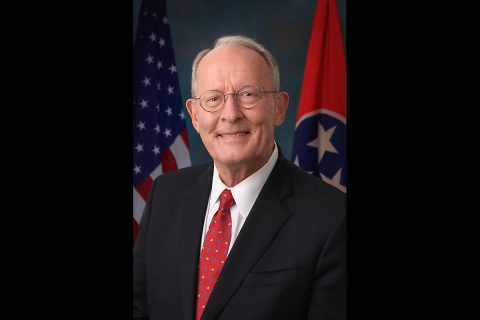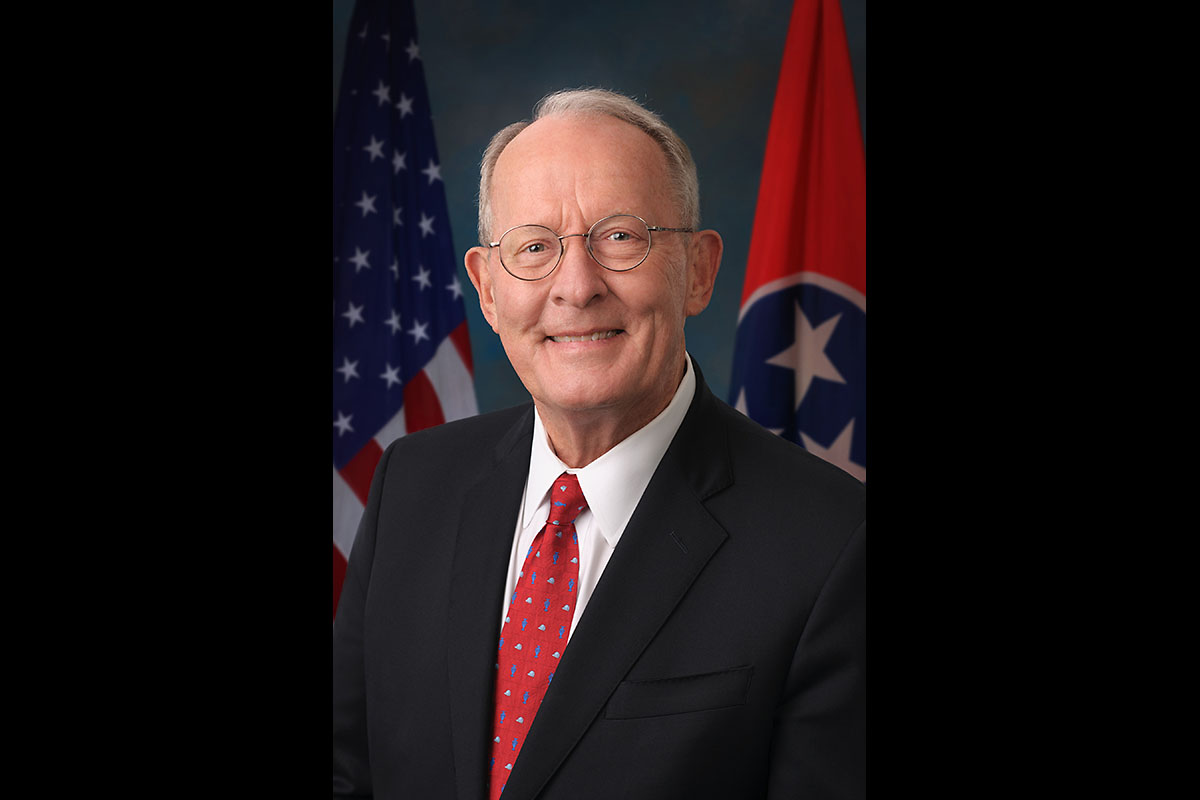Senate and House Education Committee Leaders Announce Funding Bill Will Simplify FAFSA, Forgive Debt for Historically Black Colleges and Universities, and Restore Pell Grants for Incarcerated Students
 Washington, D.C. – Senate Education Committee Chairman Lamar Alexander (R-Tenn.) and Ranking Member Patty Murray (D-Wash.), and House Education and Labor Committee Chairman Robert C. “Bobby” Scott (D-Va.) today announced that important bipartisan higher education proposals will be included in broader government funding legislation that the Senate will consider this week.
Washington, D.C. – Senate Education Committee Chairman Lamar Alexander (R-Tenn.) and Ranking Member Patty Murray (D-Wash.), and House Education and Labor Committee Chairman Robert C. “Bobby” Scott (D-Va.) today announced that important bipartisan higher education proposals will be included in broader government funding legislation that the Senate will consider this week.
The legislative package would significantly simplify the Free Application for Federal Student Aid (FAFSA) by reducing its 108 questions to a maximum of 36 questions, restore the ability for incarcerated individuals to get a Pell Grant, reinstate Pell Grant eligibility for students who have been defrauded, forgive outstanding debt of Historically Black Colleges and Universities that received loans under the federal HBCU Capital Financing Loan Program, and remove certain unnecessary regulations and aid limitations on institutions of higher education and students.

“After nearly seven years of work Congress and the President will simplify federal student aid for 20 million families who fill out these unnecessarily complicated forms every year,” Senator Alexander said.
“Reducing the FAFSA from 108 questions to 36 will remove the biggest barrier to helping more low-income students pursue higher education. Former Governor Bill Haslam told me that the complex FAFSA form is the single biggest impediment to Tennesseans applying for two years of tuition free college,” stated Senator Alexander
“This bipartisan agreement is a significant step toward making higher education more affordable for millions of Americans. The package released today includes a wide range of provisions that will make federal grants and loans more accessible and more generous, particularly for our most vulnerable students,” Scott said.
“Congress has a responsibility to expand access to quality higher education, which remains the surest path to the middle class. While this is not the comprehensive overhaul of the Higher Education Act and there is still work to be done, this proposal will help millions of students. I’m pleased we secured these sweeping reforms on behalf of students across the country,” stated Scott
“Every single person in this country should be able to access and afford a quality higher education—and today we move substantially closer to that goal. For too long, students who are incarcerated, students who have been defrauded by for-profit colleges, and students who have drug-related offenses have been blocked from receiving federal aid. But now, I’m incredibly pleased that these students will finally be able to access aid and continue their education.” Murray said.
“And as the pandemic and economic recession has made it even more difficult for students to afford and continue college, I’m proud we have taken important strides to make our financial aid process work better—especially for students experiencing homelessness, students formerly in foster care and working families,” stated Murray. “These are important steps forward, but there’s still a lot of work to be done. I’ll keep fighting to build on this progress and make higher education more affordable, accessible, accountable, and safer for all students.”
The bipartisan agreement would:
- Simplify the Free Application for Federal Student Aid:
- Greatly reduce total questions on the FAFSA from 108 questions to a maximum of 36 questions, including by removing questions on Selective Service registration and drug-related offenses.
- Greatly reduce the U.S. Department of Education’s lengthy financial data verification process by instead using data from the Internal Revenue Service, building on bipartisan progress under the FUTURE Act.
- Create simpler Pell Grant eligibility guidelines for maximum and minimum awards, so most applicants will know if they will get a maximum or minimum grant to go to college
- Enable an additional 555,000 students qualify for Pell grants each year; and enable an additional 1.7 million students qualify to receive the maximum Pell grant award each year
- Provide clearer information and earlier outreach about college costs, financial aid, and other benefits available to students
- Restore the ability for incarcerated individuals to get a Pell grant
- Reinstate Pell Grants for students who have been defrauded
- Forgive outstanding debt of Historically Black Colleges and Universities (HBCUs) that received loans under the federal HBCU Capital Financing Loan Program
- Repeal a requirement that limits how long students can borrow under the subsidized student loan program



